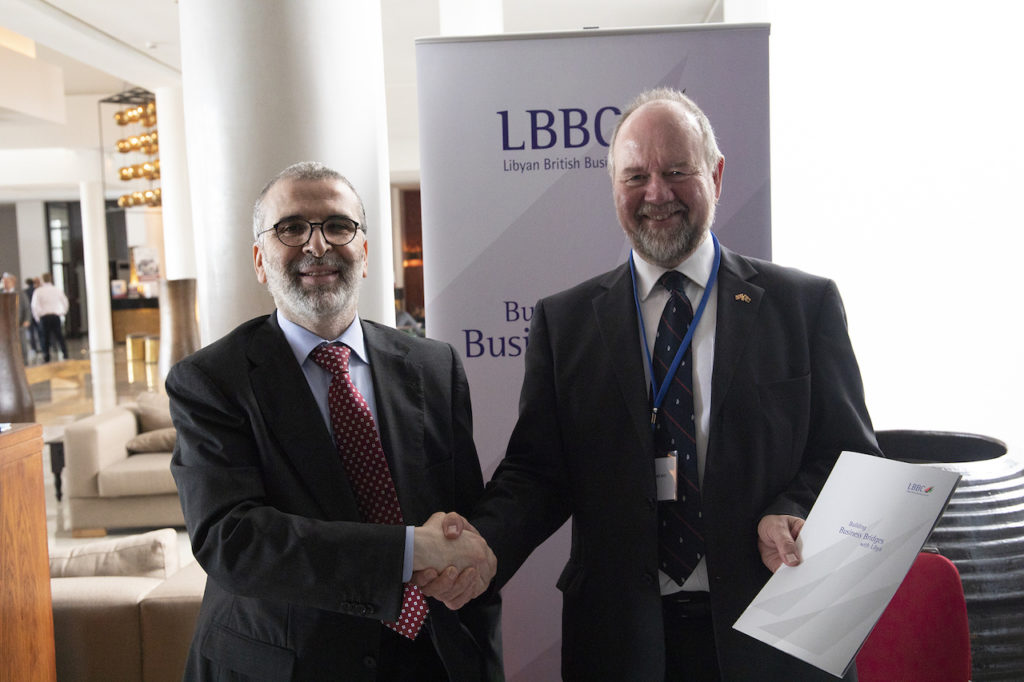The Libyan Presidency Council led by Faiez Serraj rejects attempts by Britain to pay compensation to Qaddafi-era IRA victims from its UN-frozen assets (Collage by LH).
London, 12 June 2018:
The Faiez Serraj Presidency Council/Government of National Accord (PC/GNA) has strongly rejected the plan by the British House of Commons to pass a law enabling it to use frozen Libyan assets in Britain to compensate Irish Republican Army (IRA) victims.
The IRA had been engaged in a conflict with the British authorities in Northern Ireland from the late 1960’s and 1998 and it was supplied with weapons by the Qaddafi regime.
In a statement released yesterday, the PC stated that decision to freeze Libya’s assets was an international decision taken under Chapter 7 of the UN Charter, which obliges all states, including the UK, to observe it.
The PC said that it considered this a dangerous step which is contrary to international law and a transgression of Libya’s sovereignty. It also considered it a precedent that other states may use to access assets of other states in the future.
The PC pointed out that it considered that the matter of the IRA and the previous Qaddafi regime had been dealt with in the past and that the Libyan government had cooperated with Britain to end this matter and that the two states had commenced normalized relations after having been cut off for years. It was on the basis that the matter had been dealt with that Libya had carried out numerous large investments in Britain.
The PC assured that this intended action does not serve Libyan-British relations which it hoped to extend and develop, but that rather this action would negatively affect relations.
The PC called on the UN Security Council and its Sanctions Committee to honour their obligation to protect Libya’s assets abroad. The UN Security Council Resolution 1973 of 8 March 2011 imposed sanctions on the previous Qaddafi regime after it had been accused of suppressing its civilians. The sanctions included the freezing of Libya’s assets. The PC said that it had meanwhile continued to respect this decision which has continued to be in place until now, even though Libyan citizens have suffered greatly due to poor humanitarian and economic conditions.
The PC said that the international community is well aware of these conditions since 2011 when Libya was left to face the post 2011 crisis on its own.
The PC concluded in its statement by assuring that it would resort to all legal and diplomatic means to oppose this decision.
It will be recalled that the Northern Ireland Conflict was a low level-war which had begun in the late 1960s and ended with the Good Friday Agreement in 1998. The conflict took place mainly in Northern Ireland, but also spilled over into parts of the Republic of Ireland, England and Europe.
A key issue in the conflict was the status of Northern Ireland with the Unionist / loyalist faction, which was mostly Protestant, wanting Northern Ireland to remain as part of the United Kingdom, while the Irish nationalists / republicans, who were mostly Catholics, wanting Northern Ireland to leave the United Kingdom and join the Irish Republic to form a united Ireland.
Source: Libya Herald


0 Comments